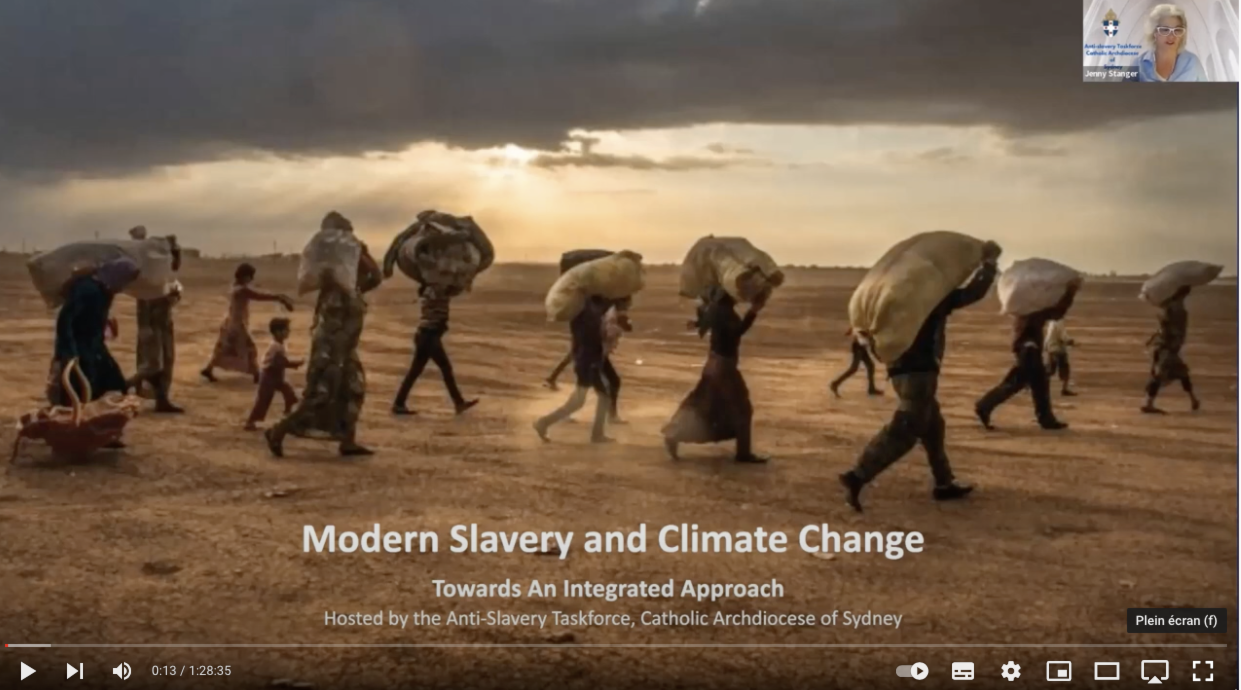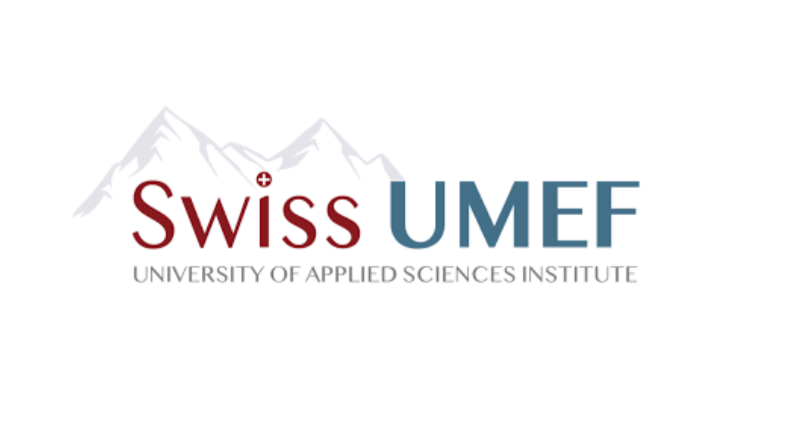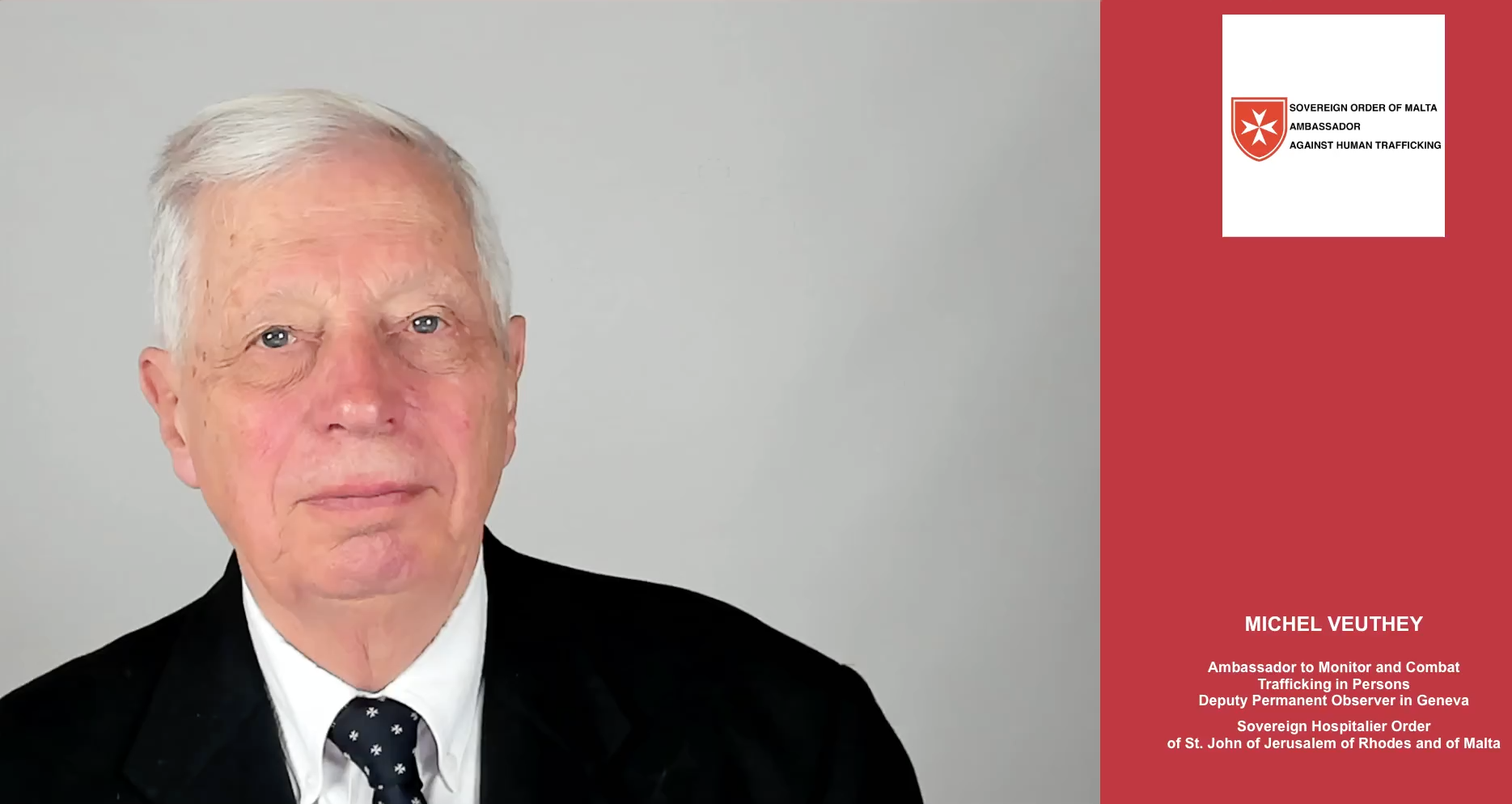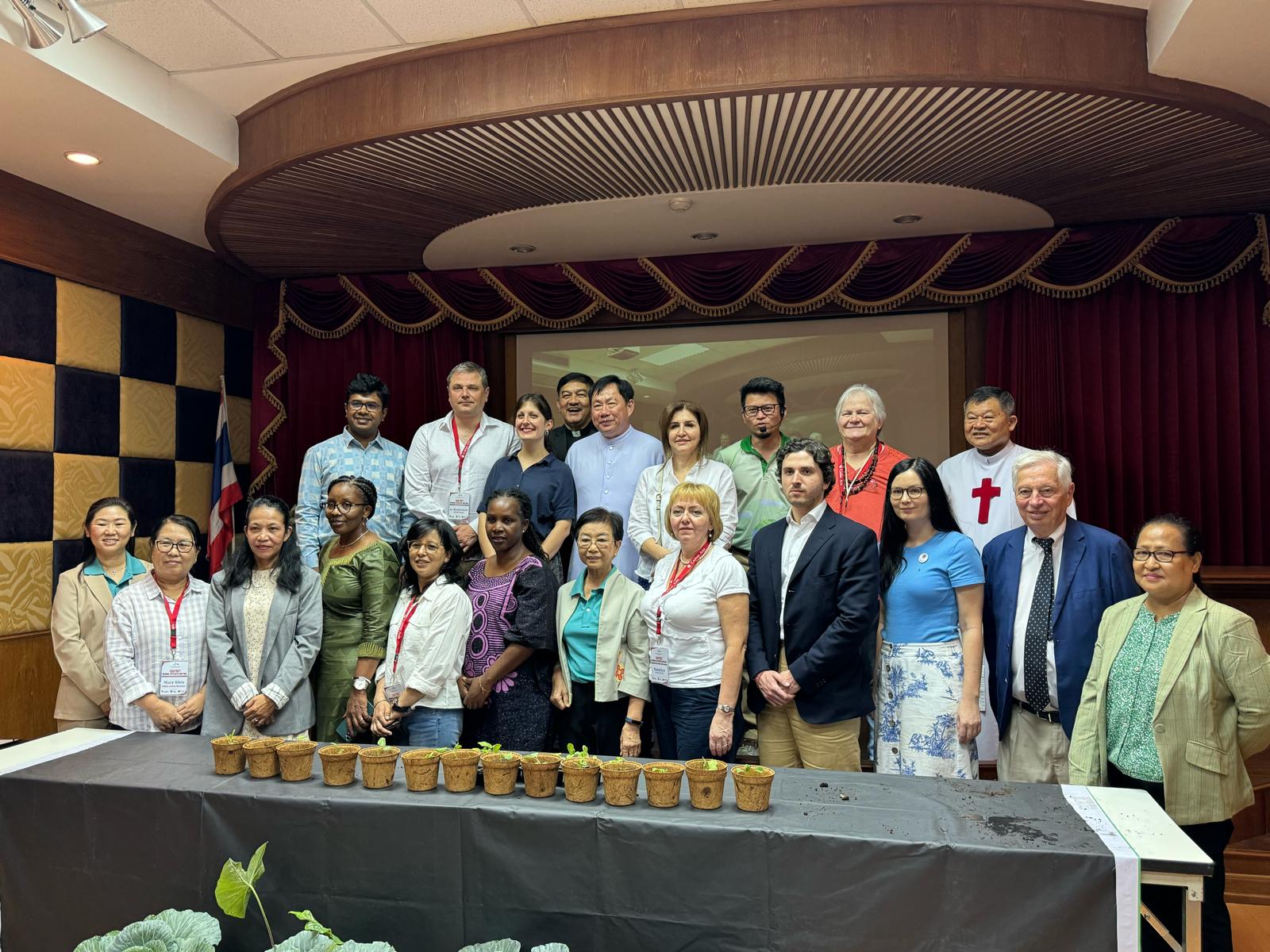About this event
Climate change has made millions vulnerable to modern slavery. Displacement and migration because of climate change creates a nexus of harm that pushes people to accept work that actively contributes to environmental destruction of forests, fisheries, waterways and land. Weak regulation and enforcement, corruption, a lack of political will and the lure of profits combined with vulnerability of people creates a vicious circle of opportunity for forced labour, child labour, debt bondage and slavery.
Addressing UN Sustainable Development Goal (SDG) 8.7 to end modern slavery, and the environmental SDGs, will require those with expertise in modern slavery and the environment to urgently combine their efforts.
Join our speakers to explore how an integrated approach to addressing modern slavery, climate change and environmental destruction can lead to impactful interventions by governments, communities, workers and business. Register to receive a link to the recording.
Hosted by: Jenny Stanger, Anti-slavery Taskforce, Catholic Archdiocese of Sydney
Facilitated by: Dr Martijn Boersma, Associate Professor of Modern Slavery and Human Trafficking at University of Notre Dame Australia
Featured Speakers:
Ritu Bharadwaj, Senior Researcher, Climate Change Group, International Institute of Environment and Development (IIED). Ritu has more than 20 years of senior policy development, research and management experience in government, funding agencies and international NGOs. She has worked extensively on climate resilience, resource conservation, social protection, migration and gender issues. Over the years her work has helped develop robust evidence-based research that has influenced policy framework and strategies for numerous institutions and organizations, including national governments, international development and humanitarian organizations. Her publications include: Climate-induced Migration and Modern Slavery: A Toolkit for Policymakers and Climate Change, Migration and Vulnerability to Trafficking
Dr Bethany Jackson, Senior Research Fellow in Modern Slavery and Sustainable Ecosystems at the Rights Lab, University of Nottingham. Originally having a background in remote sensing, Bethany has worked on a number of projects applying mixed-methods approaches to investigate the connections between modern slavery, environmental degradation and climate change. Her work has covered this intersection in a number of geographies and sectors, from the food supply to forests, and brick kilns to aquaculture. She was the lead on the Rights Lab response to COP26 (Glasgow 2021) and is the lead author of the 2021 report Modern Slavery, Environmental Degradation and Climate Change: Present and Future Pathways for Addressing the Nexus.
Lorraine Finlay, Human Rights Commissioner, Australian Human Rights Commission. Lorraine Finlay commenced her term as Human Rights Commissioner on 22 November 2021. Prior to joining the Commission Lorraine has worked as a lawyer and academic specialising in human rights and public law. Her most recent roles have been as the Senior Human Trafficking Specialist with the Australian Mission to ASEAN, and as a law lecturer at Murdoch University. In her academic role Lorraine has lectured in areas including criminal law, constitutional law and international human rights, and has been recognised with a number of national and university awards for her teaching and research.




